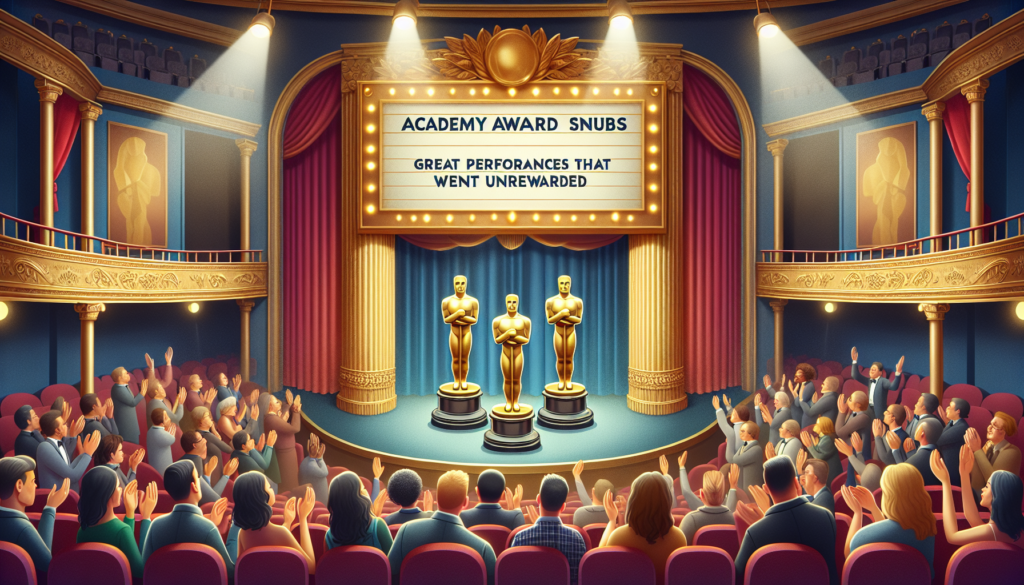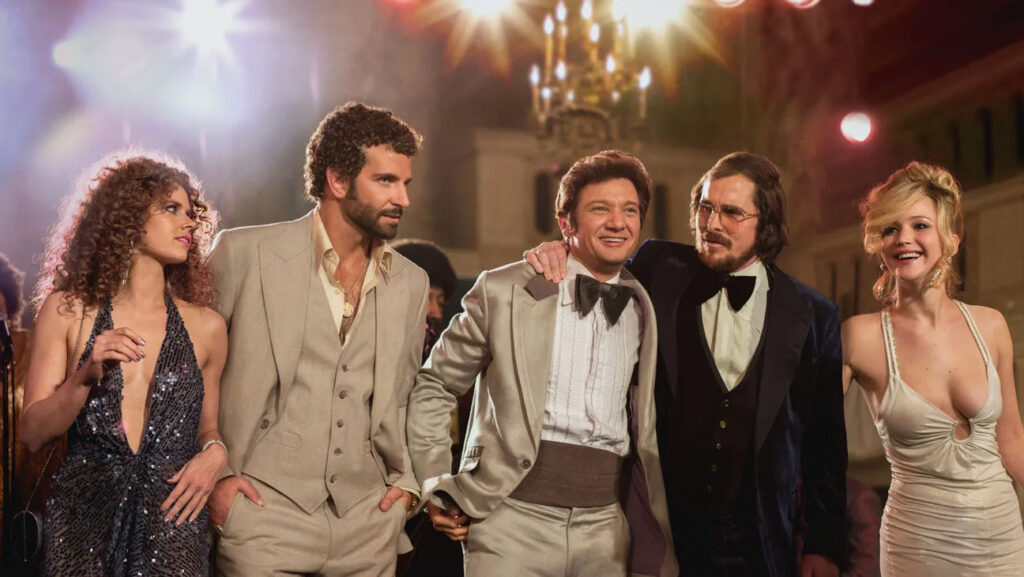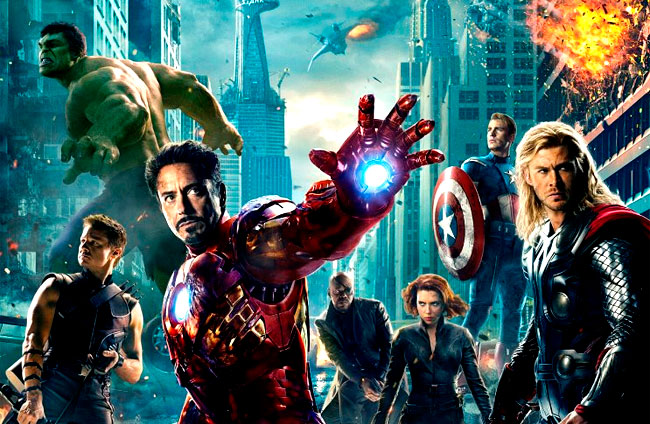Ten years on and Denis Villeneuve’s 2016 classic, “Arrival,” still brilliantly echoes in the minds of sci-fi film lovers. Its perfect blend of mystery, emotional depth, and high production value has made it stand out in an oversaturated genre. Combining the intelligent craftsmanship of Eric Heisserer’s screenplay, Bradford Young’s stirring cinematography, and Villeneuve’s masterful direction, “Arrival” invites you to a mind-bending expedition through time, language, communication, and what it means to be human.
“Arrival” primarily recounts the unique journey of renowned linguist, Dr. Louise Banks (Amy Adams), selected by the U.S. Army to communicate with alien creatures who have mysteriously landed on Earth. Partnered with theoretical physicist Ian Donnelly, played by Jeremy Renner, she grapples with comprehending and decoding their complex language. Instead of brandishing laser blasters and esoteric jargon, rewarding courage is sprinkled throughout the film as characters bravely wade through the sea of extraterrestrial communication, a two-way street, where understanding brings about harmony.
Amy Adams delivers an exceptionally brilliant performance as Louise. Her flawless shifts between vulnerability and intelligence flourishes her character convincingly – a frail woman battling her past yet exuding intellectual prowess required for dealing with extraterrestrials. Adams merges these contrasting aspects profoundly well, making her character accessible and deeply human.
Powerful storytelling imbues “Arrival.” The subversion of chronological linearity enhances the film’s enigma, keeping viewers entrenched in the mystery. The circular notion of time, a critical thematic undercurrent, surfaces masterfully, intertwining with the challenges of communication and connection. The screenplay balances the enormity of the alien encounter with the personal narrative of Louise, neither overshadowing the other. The audience remains tethered to Louise’s story, as her past, present, and future stunningly interflow.
The striking visual palette and aesthetic vision of the film cannot go unnoticed. Bradford Young’s cinematography effortlessly evokes a sense of awe intertwined with an underlying dread, perfectly capturing the movie’s somber tone. The delineation of the intricate, mirrored alien language, in comparison to the conventional linear nature of human languages, adds an arresting visual magnificence to the movie, lacing it with deeper philosophical implications.
In terms of sound and music, the film hits the right notes. Johann Johannsson’s haunting score enhances the enigmatic mood of the film. His use of human voices manipulated into alien-like tones further blurs the line between the familiar and the unknown, effectively keeping the audience on edge.
“Arrival” also excels in its philosophical and intellectual undertones. The exploration of the Sapir-Whorf hypothesis, the proposition that the structure of a language affects the speaker’s world perception and cognitive categories, plays a vital role in the narrative. This amplifies the traditional premise of aliens, infusing it with a more profound meaning, relevant to humanity’s understanding of their world.
What truly sets the film apart is its emotional resonance. Unlike many sci-fi blockbusters, “Arrival” doesn’t lose sight of its humanity amidst the grandeur of the alien encounter. It places the fragility, resilience, and complexity of human emotions at the core, binding the audience to the characters, making them invest in their journey.
Denis Villeneuve’s “Arrival” is a masterclass in science fiction filmmaking. It breaks free from the shackles of expected alien invasion tropes, offering a meditative exploration of human emotion, existence, and the power of communication. The film surprises you, empowers you, and leaves you pondering over the infinite puzzles of life long after the credits have rolled.
“Arrival” takes the genre of sci-fi and places it firmly into the language of high cinematic art. By doing so, it unleashes an enigma – both unpredictable and profound, that adds a new dimension to our understanding of the mysterious universe around us. For its intelligence, emotional depth, and pure cinematic beauty, “Arrival” comes highly recommended for anyone seeking a thoughtful and exceptional science fiction film.




